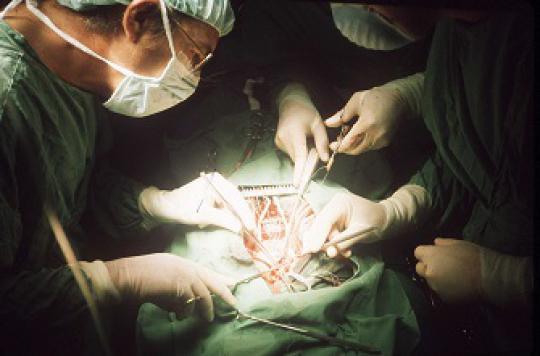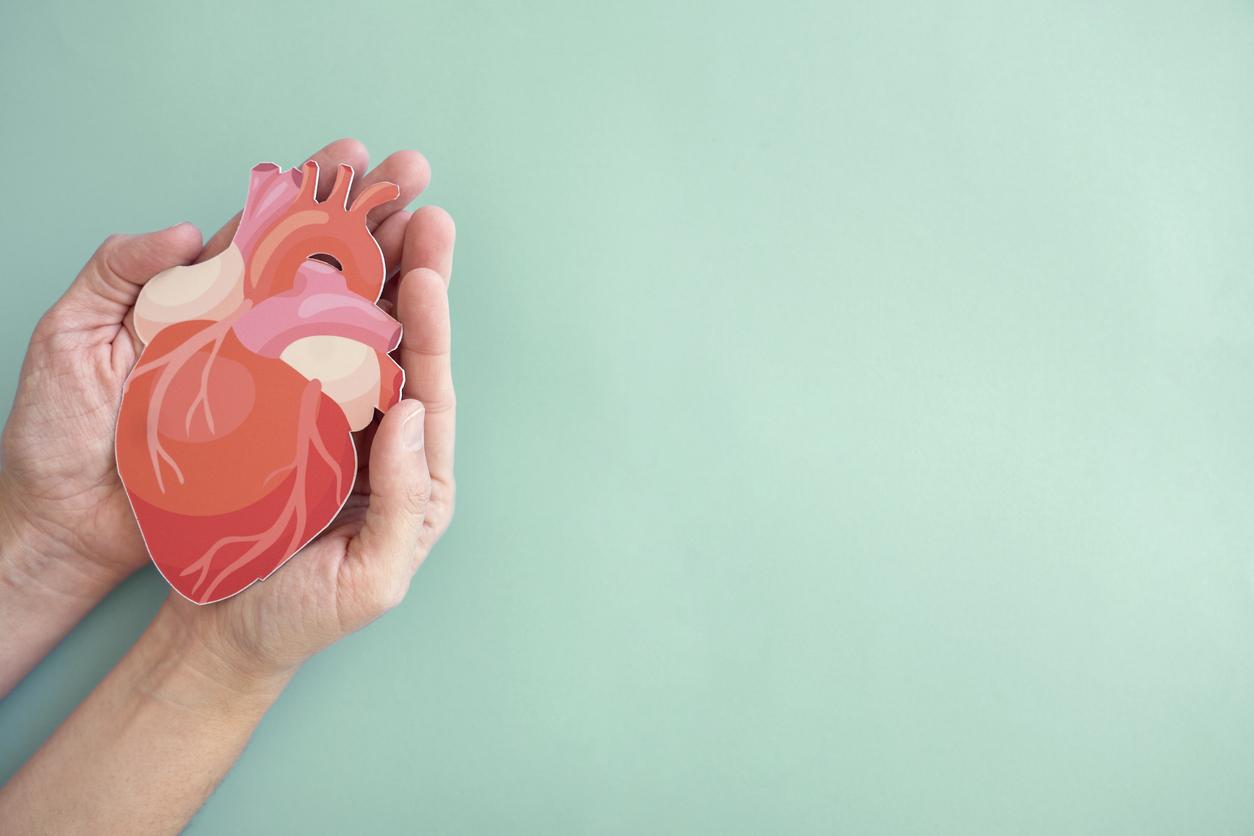Transplanting a woman’s heart to a man does not reduce his chances of survival. In contrast, a study links the success of a transplant to the size of the heart.

As part of a heart transplant, 3 in 10 men receive a female heart. Some studies have found that having a heart transplant of the other sex reduced the chances of survival after the procedure. This is not true, claims a publication by JACC: Heart Failure. Far from being a question of sex, the success of a heart transplant depends above all on the proximity of size between the removed organ and the received organ. This study was carried out by the University of Maryland (United States) on more than 31,000 adults who had undergone such an operation.
“The problem of sex difference in male recipients is only shown to be related to size difference, and a properly sized female heart does as well as a similarly sized male donor heart,” the study reports. Indeed, it is not the sex of the donor that influences the result of the operation, but the size of the implanted organ. A person’s heart adapts blood flow to the body’s needs. If the transplanted organ is too small, the survival of the recipient is endangered. On average, patients who received a smaller heart than needed are more likely to die one year after transplant (25%) and 5 years after (20%). It is more common for a woman’s heart to be smaller than a man’s.
The study also denounces a problem in estimating the size of the recipient’s heart. Doctors take into account the physical and morphological data of the patient. Dr Reed, the lead author, said refining the estimates by adding the patient’s age, sex and physical condition would help better determine who to donate which organ. “All the harvested organs are going to be implanted, and using our algorithm to better match the donor and the recipient will only allow organs to be implanted in patients who are more compatible with those organs,” he told medpage today. This should therefore improve the success rates of heart transplants.
Source: medpage today
.












-1739366311.jpg)




